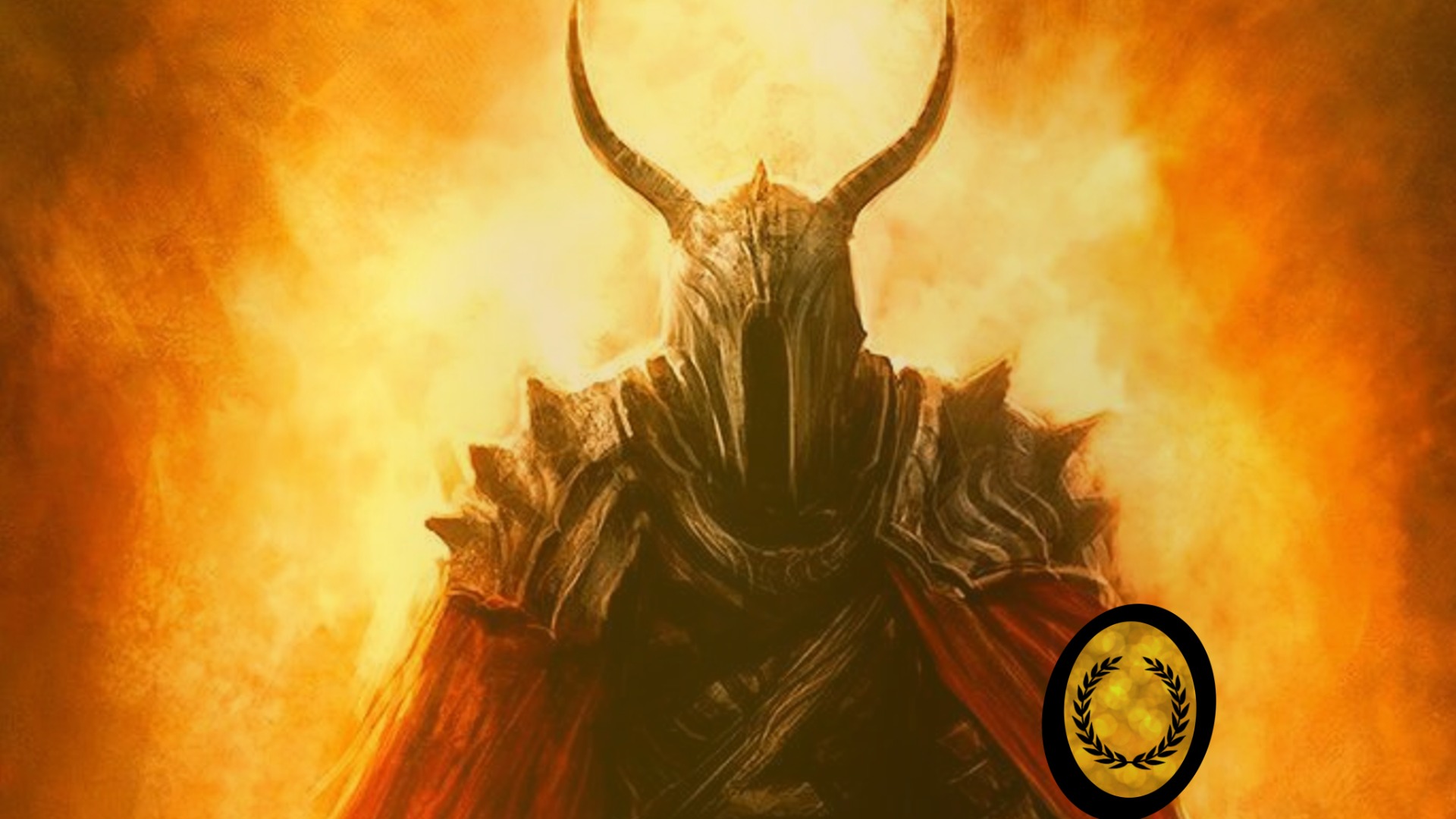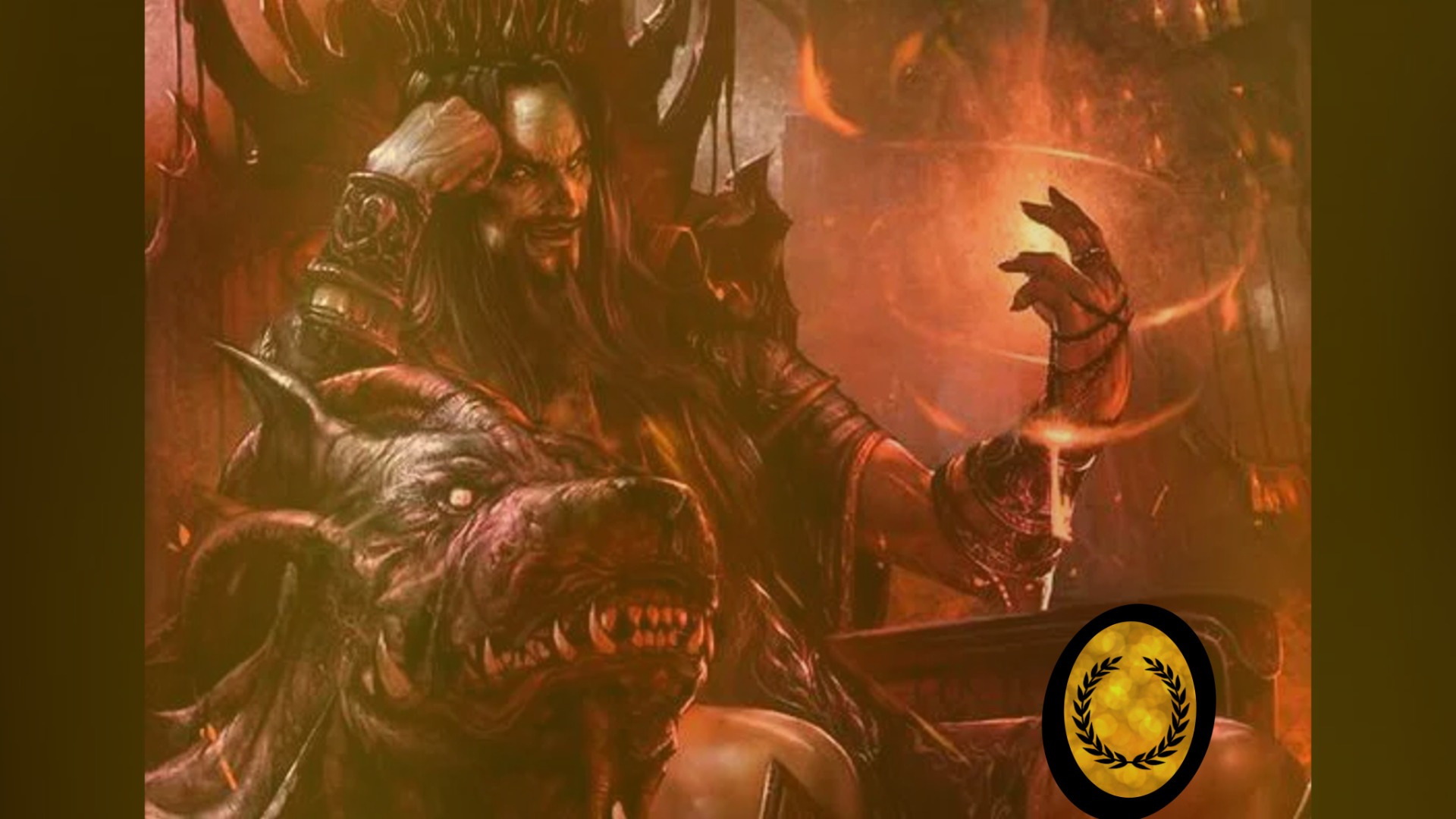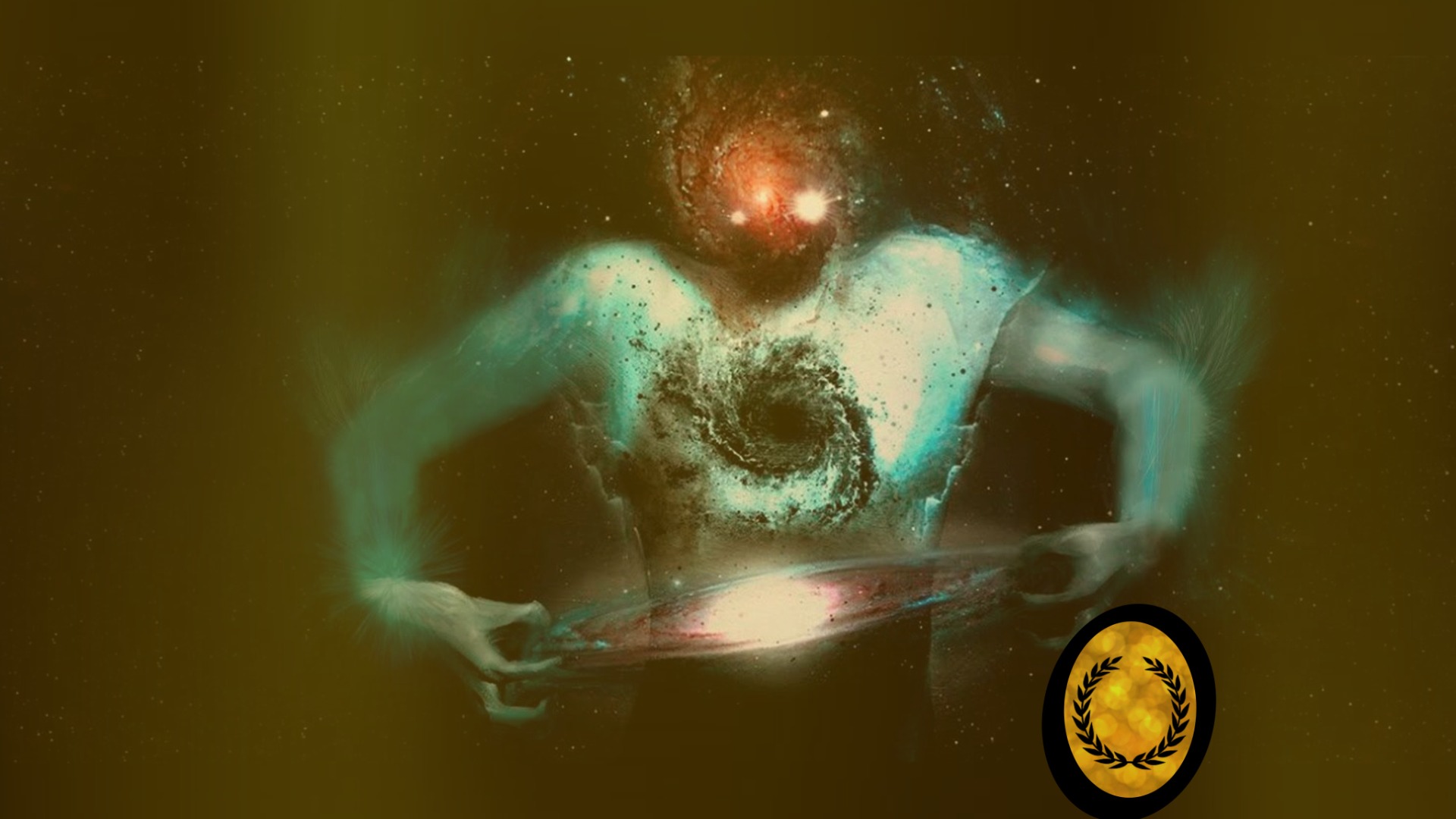The True Kratos from God of War
As for Kratos from God of War, we all already know! But what about the Cratos that really existed within Greek Mythology? Have you heard of or know their incredible story?
Find out now who are the 5 Most Powerful Gods in Greek Mythology! Of course, based on our humble opinion. Meet the strongest deities worshiped by the ancient Greeks.

The Greek Gods were worshiped by the ancient Hellenics. Many of them were represented as human figures and made mistakes of the flesh: they fell in love, felt anger, pain, empathy... In other words, they were human beings with the status of Gods. Some of the most powerful gods inhabited Olympus (called the Olympian gods), however, to create this list, we are considering ALL the gods of Greek Mythology!
Well then, there are not only the Gods of Olympus (of course they are the most relevant in this mythology: Ares, Zeus, Poseidon, Hermes), but there are hundreds of other gods very little discussed, as in the case of the ancient gods (many times called Titans or Elder Gods: Cronos, Ocean, Ponto, Óreas and Nesos). And there are also the primordial gods (which are the ones that came before the whole: Chaos, Erebus, Tartarus, Uranus).
Tartarus, in Greek Mythology, is personified by one of the primordial gods and his relationship with Gaia generated the most terrible beasts in Greek mythology, among them the mighty Typhon.
Just as Gaia is the personification of Earth and Uranus is the personification of Heaven, Tartarus is the personification of the Underworld. In it are the caves, grottos and the most terrible corners of the kingdom of Hades, the world of the dead, where all the enemies of Olympus are sent and where they are punished for their crimes. There the titans are imprisoned by Zeus (Jupiter), Hades (Pluto) and Poseidon (Neptune) after Titanomachy.
In Homer's Iliad, he represents this mythological Tartarus as an underground prison 'as far below Hades as earth is from heaven'. According to mythology, only the inferior gods, Cronus and other titans are imprisoned in it, while human beings are thrown into the underworld, ruled by Hades.

Check: All about Tartarus
Hades, in Greek Mythology, is the god of the underworld and the dead. Equivalent to the Roman god Pluto, meaning "the rich one" and who was also one of his Greek epithets, his name was often used to designate both the god and the kingdom he rules in the subterranean earth. He is also said to be called Serapis (god of obscure Egyptian origin).
He is considered a god of the "second generation" by scholars, coming from outside Cronos (Saturn, in Roman theogony) and Rhea, he formed with his five brothers, sons of Cronos and Rhea: his daughters Hestia, Demeter and Hera, and the his sons Posedon and Zeus. He is also known to have kidnapped the goddess Persephone, daughter of Demeter, to whom he would have been faithful and with whom he never had children. The symbology of this union puts in communication two of the main reduce and natural resources: the richness of the subsoil that offers minerals, and makes the seeds, life and death sprout from its core.
For those of you who want to know ALL the Greek Gods, we recommend this article HERE

Check: All about Hades
Cronus, in Greek Mythology, was the king of the titans. He is the youngest of the titans, son of Uranus, the starry sky, and Gaia, the earth. Alternatively, for Plato, the gods Forces, Cronus and Rhea were the eldest sons of Ocean and Thetis. Kronos was the god of time, especially when seen in his destructive aspect, the impregnable time that governs destinies and can devour everything. It is always important to emphasize that Cronus is different from Chronos, as Chronos in some variants of Greek Mythology is considered the Primordial God of Time, along with Kairus, and has nothing to do with the father of Zeus that we are referring to here.
The Titan Cronus inspired the ancient Orphic sect to create a figure of Chronos, whom they called the "primal god of time". It is noteworthy that the way of life of the Orphs caused great strangeness among the Greeks and the new theogony created by them was, in the same way, repudiated by the civic and popular cult of the Greek poleis. Which is to say that, for the common Greeks, the Titan Cronus (and he alone) was the god of time par excellence.

Check: All about Cronus
Of course Zeus couldn't miss it! He is the father of the gods who exercised authority over the Olympian gods in ancient Greek religion. He is the god of the skies, lightning, lightning that maintain order and justice in Greek Mythology. Its Roman equivalent is Jupiter, while its Etruscan equivalent is Tinia; some authors established its Hindu equivalent as Indra.
Son of the titan Cronos and Rhea, Zeus is the youngest of his brothers; in most traditions he is married, first to Metis, begetting the goddess Athena, and then to Hera, though in the oracle of Dodona, his wife is Dione. He is known for his erotic adventures, which often resulted in divine and heroic descendants, as Athena, Apollo and Artemis, Hermes, Persephone, Dionysus, Perseus, Heracles, Helen of Troy, Minos, and as Muses (of Mnemosyne); with Hera, he would have had Ares, Enius, Ilithia, Eris, Hebe and Hephaestus.

Check: All about Zeus
Chaos, in Greek Mythology according to Hesiod, is the first primordial god to appear in the universe, therefore, the oldest form of divine consciousness. The divine nature of Chaos is difficult to understand, due to the changes that the idea of "chaos" has undergone over the ages. The Roman poet Ovid was the first to attribute the notion of disorder and confusion to the deity Chaos.
However, Chaos would be for the Greeks the opposite of Eros. Both Chaos and his brothers are generators of the universe. Chaos appears to be a catabolic force, which generates through splitting, just like the most primitive organisms studied in biology, while Eros is a joining and uniting force.
This is the Primordial God of All, so it occupies the first position! Without Chaos, there would be no other gods just to begin with. There would also be no human life and no galaxy!

Check: All about Chaos
As for Kratos from God of War, we all already know! But what about the Cratos that really existed within Greek Mythology? Have you heard of or know their incredible story?
Roman Mythology: Are Greek and Roman Gods the Same Thing? In a simplified way, yes! With the exception of their respective Names. Check out everything about the Roman Gods below.
Behemoth is a terrifying Monster from both the Bible and Greek Mythology. According to the Old Testament, he will rival Leviathan at the end of time. Learn more about this terrestrial monster below.
The Erinyes (or Furies) are, in Greek and Roman Mythology, women represented as a symbol of revenge. They are very similar to the Keres and, also, often confused, check it out.
Although Dragons are of Chinese origin, the Greeks also had their representations for the Dragon figure. We've separated for you 3 exclusive Dragons that only exist in Greek Mythology!
Pegasus is, in Greek and Roman Mythology, a white winged horse given by Zeus to Bellerophon to defeat the terrible Chimera, an exotic monster of this mythology, check it out.
Jason, in Greek Mythology, is one of the most relevant Characters, so much so that, in addition to being a Hero, he is the son of Zeus, thus: a demigod. He knows more about its history, from Medea and Argonauts to the Golden Fleece.
The Griffin, in Greek Mythology, is a mystical creature with the body of a lion and an eagle's head. Unlike the Greek sphinxes (which are perverse and treacherous), Griffins are good creatures and often help demigods.
Do you already know the Legend of Atlantis? Find out now if this legendary (and hypothetically "lost") city actually existed. Plato portrays it very well within Greek Mythology and Religion, check it out.
The Trojan Horse was a huge wooden horse used as a military strategy by the Greeks during the Trojan War. If in fact it existed, it was one of the greatest feats of warfare in history! Know.